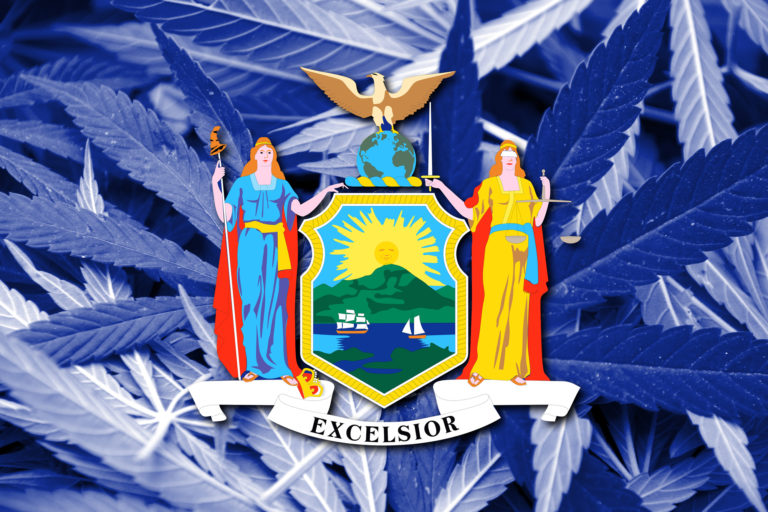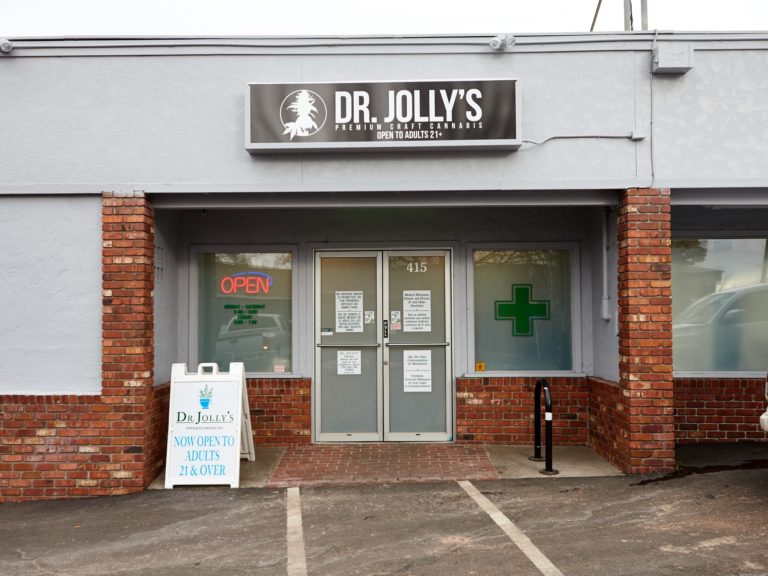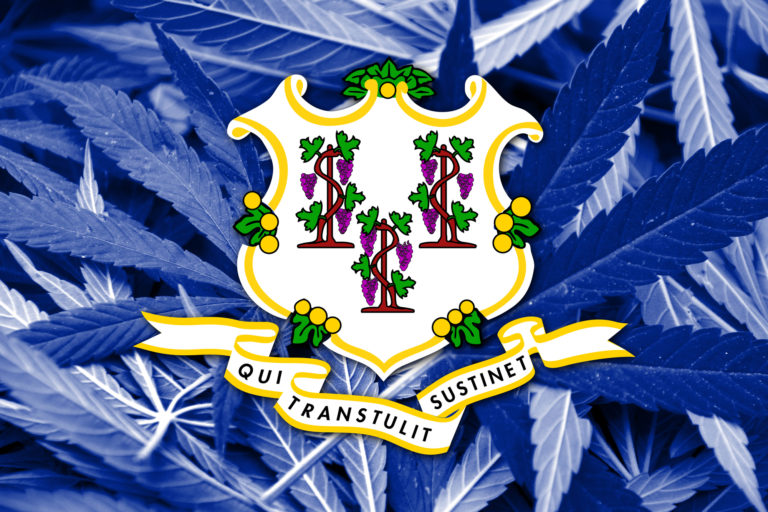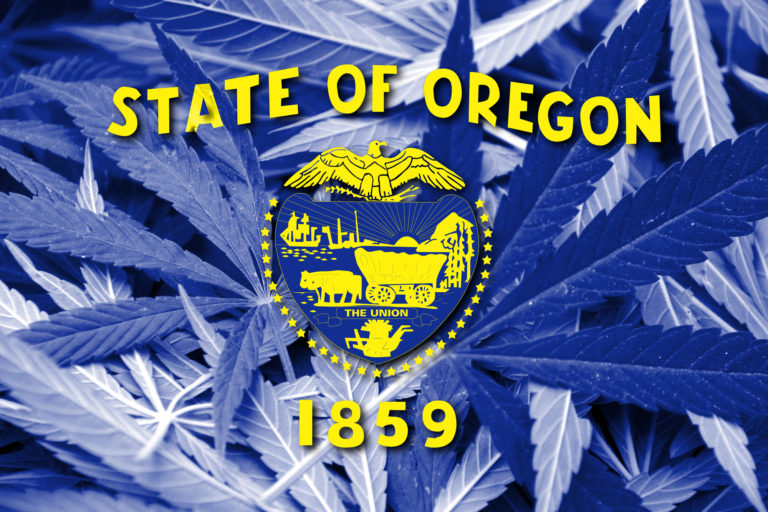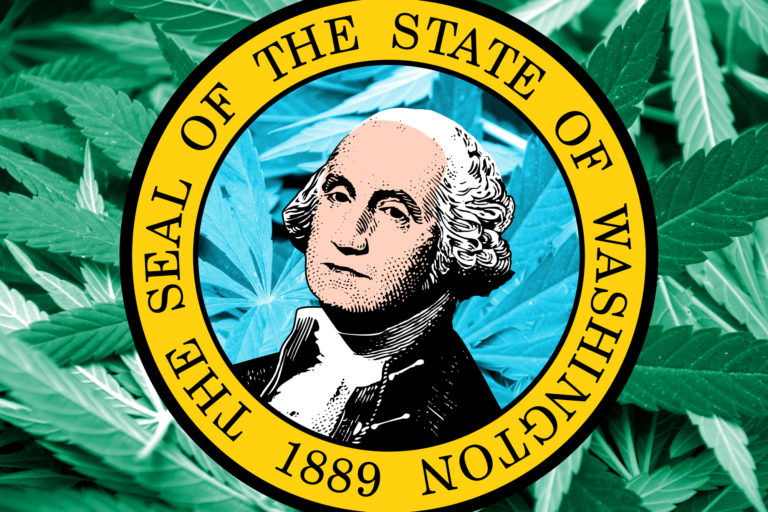
AB-347: California Cannabis Cafes
If you’ve been to the red light district in Amsterdam, you may have seen the infamous coffee shops up and down the block. In the U.S., no state has anything remotely close to a cannabis bar or coffee shop where you go to not only purchase your cannabis on site but use it within the










